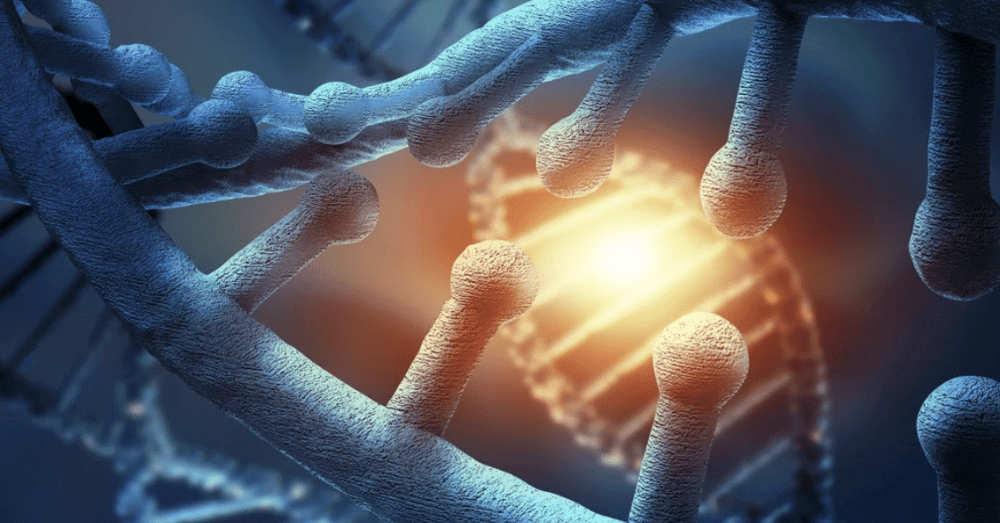Regenerative medicine solutions have emerged as a revolutionary approach in modern healthcare, offering hope for conditions that were once deemed untreatable. Unlike traditional treatments that often focus on managing symptoms, regenerative medicine solutions aim to repair, replace, or regenerate damaged tissues and organs. This field combines advanced stem cell research, tissue engineering, and molecular biology to create therapies that restore normal function to diseased or injured tissues. With growing research and clinical applications, regenerative medicine solutions are poised to redefine how we approach chronic illnesses and traumatic injuries.

One of the most promising areas of regenerative medicine solutions is stem cell therapy. Stem cells have the unique ability to develop into different types of cells, making them ideal for repairing damaged tissues. Researchers have successfully used stem cells in regenerative medicine solutions to treat conditions such as spinal cord injuries, heart disease, and degenerative joint disorders. By harnessing the potential of stem cells, regenerative medicine solutions offer patients a chance for recovery that goes beyond symptom management, providing long-term healing and improved quality of life.
Tissue engineering also plays a crucial role in the development of regenerative medicine solutions. Scientists are creating bioengineered tissues that can replace damaged organs or structures within the body. This involves combining scaffolds, cells, and growth factors to produce functional tissues. Regenerative medicine solutions using tissue engineering are already showing promise in repairing skin wounds, reconstructing cartilage, and even developing artificial organs. These innovations not only reduce the reliance on organ transplants but also offer customized treatments tailored to individual patients’ needs.
Another key component of regenerative medicine solutions is gene therapy. By modifying or correcting defective genes, regenerative medicine solutions can address the underlying causes of genetic disorders. Advances in gene editing technologies, such as CRISPR-Cas9, have accelerated the development of regenerative medicine solutions that target diseases like muscular dystrophy, cystic fibrosis, and certain types of inherited blindness. Through precise genetic interventions, regenerative medicine solutions have the potential to provide permanent solutions rather than temporary relief, fundamentally changing the landscape of medical treatment.
Regenerative medicine solutions also extend to the treatment of degenerative diseases such as osteoarthritis and Parkinson’s disease. In these cases, the degeneration of tissues leads to chronic pain and loss of function. By introducing regenerative medicine solutions, such as stem cell injections or bioengineered implants, patients can experience significant improvements in mobility and quality of life. The ability of regenerative medicine solutions to restore tissue function highlights their transformative impact, making them a vital area of research for aging populations worldwide.
The integration of biomaterials into regenerative medicine solutions further enhances therapeutic outcomes. Biomaterials can provide structural support, promote cell growth, and deliver bioactive molecules directly to the target site. By combining biomaterials with stem cells or growth factors, regenerative medicine solutions can accelerate healing processes and improve tissue regeneration. This interdisciplinary approach exemplifies the innovative potential of regenerative medicine solutions, bridging biology, engineering, and medicine to create highly effective treatments.
Clinical trials have played a critical role in validating the efficacy of regenerative medicine solutions. These studies assess safety, effectiveness, and long-term outcomes for patients receiving regenerative therapies. The increasing number of successful trials reflects the growing confidence in regenerative medicine solutions and their potential to become mainstream treatments. As more data becomes available, regenerative medicine solutions are expected to expand into new therapeutic areas, offering hope to patients with previously untreatable conditions.
Regenerative medicine solutions also present economic and societal benefits by potentially reducing the long-term costs associated with chronic disease management. Traditional therapies often require lifelong medication or repeated surgical interventions, whereas regenerative medicine solutions aim to restore natural tissue function, minimizing recurring medical expenses. By providing sustainable and durable treatments, regenerative medicine solutions not only improve individual health outcomes but also ease the burden on healthcare systems worldwide.
In conclusion, regenerative medicine solutions represent a paradigm shift in modern healthcare, focusing on repairing and restoring the body rather than merely managing symptoms. From stem cell therapies and tissue engineering to gene editing and biomaterials, regenerative medicine solutions offer innovative approaches to treating a wide range of diseases and injuries. As research continues to advance and clinical applications expand, regenerative medicine solutions have the potential to transform the future of medicine, providing hope, healing, and improved quality of life for countless patients around the globe. The promise of regenerative medicine solutions lies in their ability to redefine the possibilities of healing, making previously unimaginable recoveries a reality.
